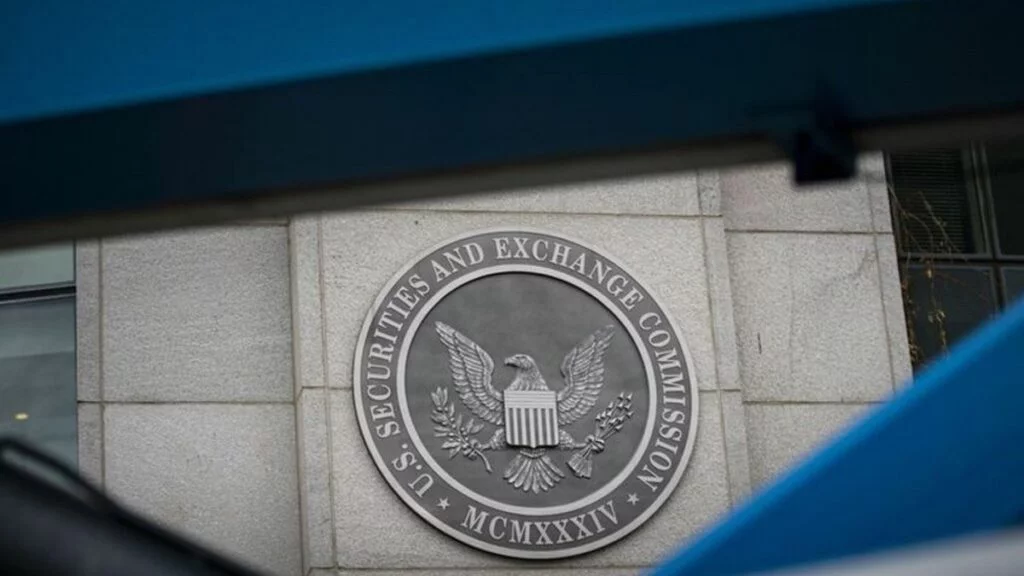Renowned financial adviser Van Eck Associates Corporation faces a large $1.75 million civil penalty from the U.S. Securities and Exchange Commission (SEC).

The SEC revealed on February 16th that Van Eck failed to adequately disclose that a well-known social media celebrity was involved in the product’s marketing during the 2021 launch of the VanEck Social Sentiment ETF, a new exchange-traded fund (ETF).
The product aimed to monitor an index that used “positive insights” gleaned from various data sources and the extensive social media landscape. But the SEC discovered that Van Eck became involved with a strong and divisive online personality whose job it was to increase the fund’s attraction, in an attempt to use social media to boost the fund’s growth.
The fee structure provided to the influencer—a sliding scale linked to the fund’s growth, guaranteeing the influencer’s remuneration rose as the fund expanded—was the concealed feature that drew the regulator’s attention.
Although the influencer was not named by the banking watchdog in its statement, previous reports from 2021 have connected Barstool Sports founder David Portnoy to the promotion of the Van Eck ETF.
The covert agreement drew criticism from the SEC, which focused on Van Eck’s failure to notify the ETF’s board of the influencer’s intended involvement.
The arrangement, which was kept a secret but had a big impact on the management contract and the fund’s operations, interfered with the board’s duty to monitor the fund’s financial parameters while it was considering the advising contract.
Co-chief of the SEC Enforcement Division Asset Management Unit, Andrew Dean, stressed that advisers should be transparent. He said that if advisers make accurate disclosures, the board will be able to fairly assess the advisory contract and take the financial implications of any licensing agreements into account.
When evaluating Van Eck Associates’ advising contract for the fund, the board could not consider the financial effects of the licensing arrangement and the participation of a well-known social media influencer due to the company’s inability to disclose certain information regarding the high-profile fund launch.
According to the SEC, Van Eck’s purported concealment of information seriously hindered the board’s ability to assess the license agreement’s financial implications with the index provider and the anticipated prestige the well-known influencer would deliver to the ETF.
Since then, Van Eck has admitted to its mistake and allowed the SEC’s order to be entered, breaking both the Investment Company Act and the Investment Advisers Act.
In addition, it has consented to the required monetary penalty, a cease-and-desist order, and reprimand without acknowledging or disputing the findings.
The announcement that one of the company’s ETF products, the Bitcoin Strategy ETF, would be dissolved after a thorough performance review was made scarcely more than a month ago.
Van Eck said on February 15 that it was cutting its fees from 0.25% to 0.20% as of February 21. This move seems to attempt to increase the popularity of its dedicated Bitcoin ETF, denoted by the ticker HODL.
The investment firm recently released its predictions for the 2024 cryptocurrency market. Chief among them is the expectation that Bitcoin (BTC) will reach previously unheard-of heights by the end of the year, driven by a forecasted economic downturn in the United States and possible regulatory changes following the upcoming presidential election.
VEck did not predict that Ethereum (ETH) will overtake Bitcoin in its prediction. On the other hand, it indicated that it would outperform the top tech stocks.
Furthermore, Van Eck predicts a reorganization among cryptocurrency exchanges, with competitors such as Coinbase and others able to surpass Binance as the market leader by volume.
